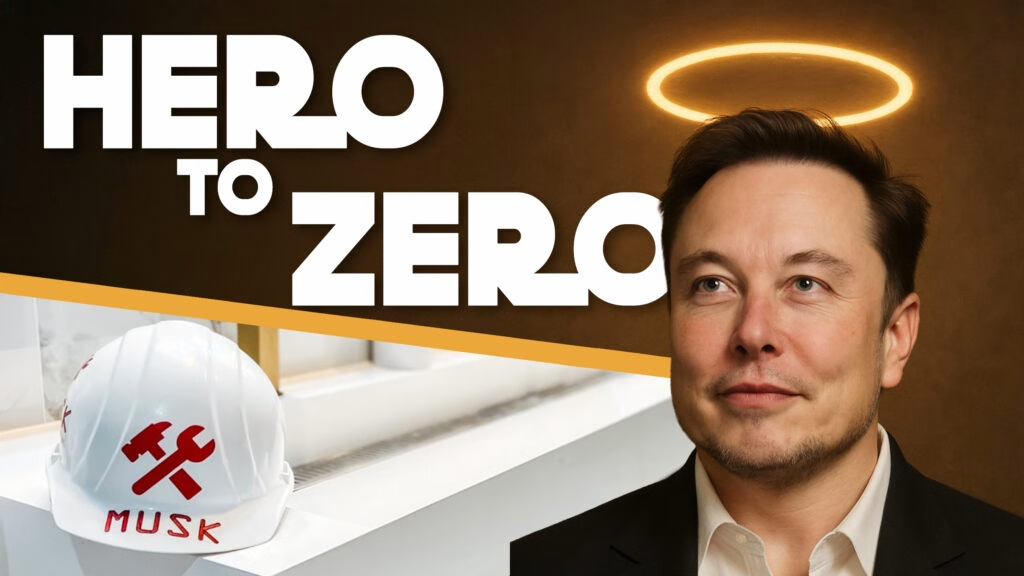A name can carry a lot of weight, especially in the business world. For Steve Riabov, the founder of Musk Construction, that weight has become a burden. After initially naming his company in homage to Elon Musk, Riabov is now facing the reality that the association with the controversial billionaire is doing more harm than good.
Why Is Riabov Rebranding His Company?
Riabov, who immigrated from Ukraine and built his business on hard work and reliability, is now rebranding his company to Rise Construction. The decision comes after he noticed a significant decline in sales and clients backing out of deals, largely due to their fears of being associated with Musk. One notable incident involved a client who canceled a bathroom remodel after discovering a video where Riabov praised Musk.
This shift isn’t just about business; it’s also deeply personal for Riabov. He expressed disappointment over Musk’s recent actions and political affiliations, particularly his support for Donald Trump and controversial comments regarding the Ukrainian government. Riabov stated, “I can’t stand it. I no longer align with all of his values. I have to change the name.” This sentiment reflects a broader trend where personal values increasingly influence business decisions.
The Cost of Change
Rebranding isn’t a cheap endeavor. Riabov estimates that changing the name, along with the necessary trademarks and permits, will cost him between $15,000 and $20,000. He’s already taken steps to distance himself from the Musk brand, including removing the old branding from his Tesla and getting rid of personalized license plates that featured the Musk name.
This situation raises an interesting question: How much should a business owner consider the public perception of their brand name? In an age where social media amplifies every action and statement, the connection between a business and its namesake can be more fragile than ever.
The Broader Implications
Riabov’s story isn’t an isolated incident. Many businesses are finding themselves in similar predicaments as public figures become increasingly polarizing. The fallout from aligning with a controversial name can ripple through a business, impacting sales, client relationships, and even employee morale.
For instance, brands that once thrived on their association with certain celebrities or influencers can quickly find themselves in a precarious position if those figures become embroiled in scandal or controversy. The lesson here is clear: while a catchy name can initially attract customers, it’s crucial to ensure that the values associated with that name resonate positively with your target audience.
Navigating the Future
As Riabov prepares to launch Rise Construction, he’s not just changing a name; he’s also redefining his brand identity. This transition offers a fresh start, allowing him to align his business with values that reflect his own and those of his clients.
In a world where public perception can shift overnight, adaptability is key. Business owners must be vigilant about how their brand is perceived and be ready to pivot when necessary.
The big takeaway? A name isn’t just a label—it’s a reflection of your values and your brand’s identity. If those values start to misalign, it might be time for a change. For Riabov, that change is on the horizon, and it could very well lead to a brighter future for his business.

